
Developer: Nihon Falcom
Publisher: NIS
Platform: Switch, PS4, PS5, PC
Tested on: PC
The Legend of Nayuta: Boundless Trails – Review
Originally released in 2012, The Legend of Nayuta: Boundless Trails was Nihon Falcom’s final game on the PSP. Sony’s handheld was nearing the end of its lifespan, and it was about to make way for the ill-fated PS Vita. This inevitably meant that The Legend of Nayuta never got a fair chance to find its audience… until now that is. Eleven years after its Japan-only release, the spinoff title of Nihon Falcom’s Legend of Heroes series finally got a release in the West. As fans of the franchise, we couldn’t pass up this opportunity to look at this niche title to see how well it has stood the test of time.
Story
Nihon Falcom’s long-running Legend of Heroes series is notorious for delivering interconnected stories across its various games. These span multiple sub-series and arcs, and it is often difficult for newcomers to find their footing. Part of what makes the franchise so appealing is how satisfying it is to see how things come together across various games to form a complete narrative. The challenge is finding an entry point, but the series typically lets newcomers come on board at the start of an arc, such as with Trails of Cold Steel or the Crossbell games. Being a spinoff title, The Legend of Nayuta differs from the other Legend of Heroes games in that any connections to the other Trails titles are only tangential. The game presents a standalone story, although the universe it is set in is clearly the same as that of the other Trails games. An example of this is Nayuta’s own last name which confirms a relationship with a character from Trails of Cold Steel. This proves to be a bit of a double-edged sword, as although this means that anyone can get stuck into The Legend of Nayuta, longtime fans won’t find that satisfying connection here.
Tangent aside, let’s take a look at what The Legend of Nayuta’s story actually is about. Our story opens with our hero and his life-long friend Cygna returning to Remnant Isle after spending months at sea. The pair plan to reopen their handyman business and live an easy life. That plan is quickly foiled, however, as they run into a pink-haired girl named Noi. When our heroes witness Noi being robbed from the so-called Master Gear, they pursue her assailant through a vortex, ending up in a different world. The presence of the Master Gear threatens the existence of this place, so it’s now up to Nayuta and his friends to recover the artifact and prevent a cataclysm from happening.
Graphics
We aren’t familiar with the original PSP version of The Legend of Nayuta, but from what we can tell based on looking up screenshots, this new version of the game has definitely received a graphical overhaul. This is perhaps more so in the PlayStation and PC versions of the game, with the Switch taking a visual hit. The PC version of the game looks fantastic and clocks in at a steady 60 FPS too. The art direction is of course very similar to that of the mainline Trails games. There is however one major issue with the visuals and that is that the camera is locked to a fixed viewpoint. This is logical for the smaller handheld PSP screen that the game was designed for, but on larger displays, things are zoomed in too much, which can make navigating the platforms a hassle. We often found ourselves having to take leaps of faith as we couldn’t see far enough ahead of us.
Sound
Given Nihon Falcom’s track record, the thing we were most looking forward to with The Legend of Nayuta was the OST, and boy does the game deliver. From the relaxing music of the starting town to the adrenaline-pumping boss fights, not a single track disappoints here. The audioscape is further fleshed out by voice acting, including newly-recorded English performances, though the original Japanese voice acting is still available for those that prefer this. Either option was fine performance-wise, although the audio of the newer recording seemed just slightly crisper.
Gameplay
Being a spinoff title, gameplay is where The Legend of Nayuta differs the most from its sibling series. Rather than party-centric combat on a grid, The Legend of Nayuta offers real-time fights in the same vein as Nihon Falcom’s other big franchise, the Ys games. This is then combined with platforming action, resulting in a fast-paced, action-packed game. The game’s roots as a portable title are still very noticeable, as the stages are bite-sized set pieces, to the point that we’d actually suggest taking the visual hit and opting for the Switch version instead of PC or PlayStation. While the PC port that we played is perfectly serviceable, the game didn’t always seem substantial enough for prolonged sessions. Instead, The Legend of Nayuta’s pacing made it seem far more suitable for quick pick-up-and-play sessions on a lunch break or on your daily commute.
That isn’t to say that The Legend of Nayuta is a shallow game, or even a short one. Sure, it isn’t the 100+ hour time sink that Trails games typically conjure up, but you’re still looking at upwards of 20 hours worth of content here for a single playthrough. Beyond the initial premise, The Legend of Nayuta doesn’t feel very story-driven, instead offering up a series of straightforward challenges that incentivize revisiting stages, like only getting hit a maximum number of times or defeating a specific amount of enemies. The fast-paced nature of the gameplay and the inherent simplicity of the objectives allow The Legend of Nayuta to tread the fine line between feeling repetitive and feeling too short, and the game finds the right balance effortlessly. Completing objectives instantly rewards you with stars, which can then be exchanged for new weapon skills. There is a constant sense of progress here, and the game never feels like a tedious grind. It also helps that levels will change slightly according to the season, which adds to the feeling of variety. Rounding things out are fantastic boss battles, which can really knock you for a loop, without ever feeling unfair.
While combat is fought in real-time, and the platforming gameplay takes cues from the Metroidvania genre, The Legend of Nayuta is still an RPG first and foremost, if an unusual one. Nayuta starts out fairly weak, but gathering new equipment and leveling up is something that happens quickly enough. You’ll need to master weapons and magical spells and learn the weaknesses of enemies to gain an edge in battle. There is no mindless button-mashing here! The same sense of progress applies to Noi, who accompanies our hero and whose magical prowess grows more powerful as Nayuta becomes a better combatant. Additionally, you’ll literally need to cook up your own healing items using ingredients that you find as you traverse the levels, further cementing that, yes, this is actually an RPG.
While the core experience still feels modern, there are a couple of minor areas where The Legend of Nayuta either shows its age or where the ball was dropped back when the game originally launched. Chief among these are those camera issues we mentioned earlier, but another minor niggle is having to wait for abilities to recharge before you can use them, which can take the flow out of navigating the levels. It’s not a game-breaking issue and you’ll eventually get used to it, especially as you familiarise yourself with the stage layouts, but it does hurt the overall appeal somewhat. That said, you’ll still find plenty of fun here, and with a robust New Game+ awaiting you upon completion, there is definitely replay value here as well.
Conclusion
While The Legend of Nayuta doesn’t carry the same weight as the larger Trails games, it’s still a fun side romp in the larger Legend of Heroes universe. The PC port is perfectly serviceable and looks very pretty, but the game’s roots as a PSP title are very apparent. As such, we’d recommend picking this one up on the Switch instead. A handful of very minor issues aside, The Legend of Nayuta has definitely stood the test of time, and die-hard fans of the Legend of Heroes owe it to themselves to finally give this game their attention.

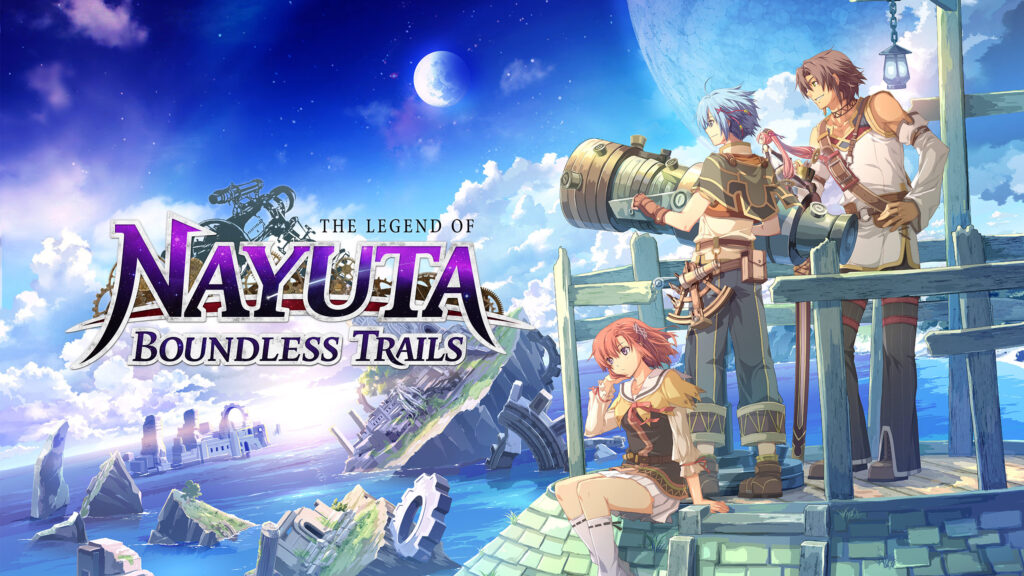
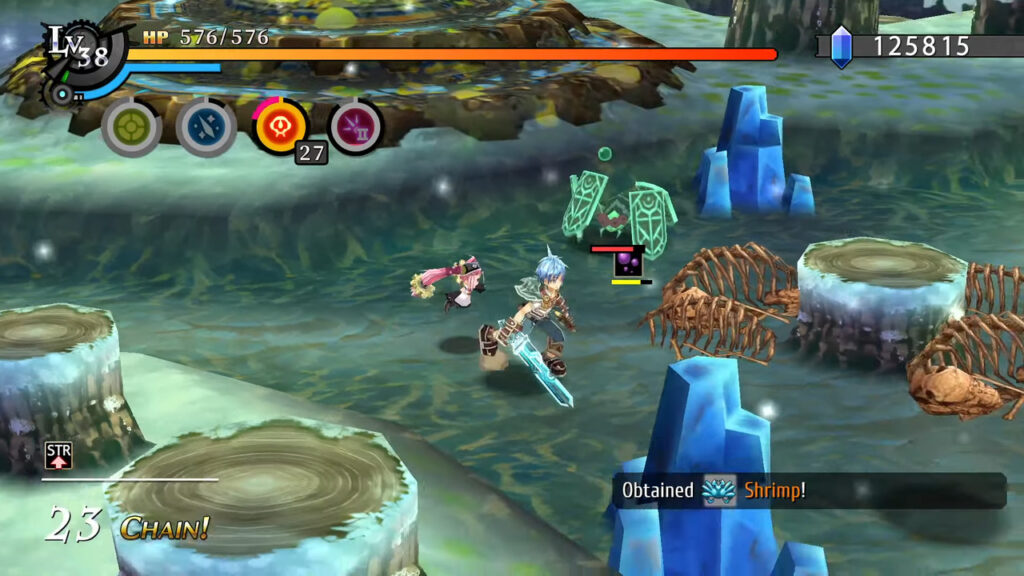
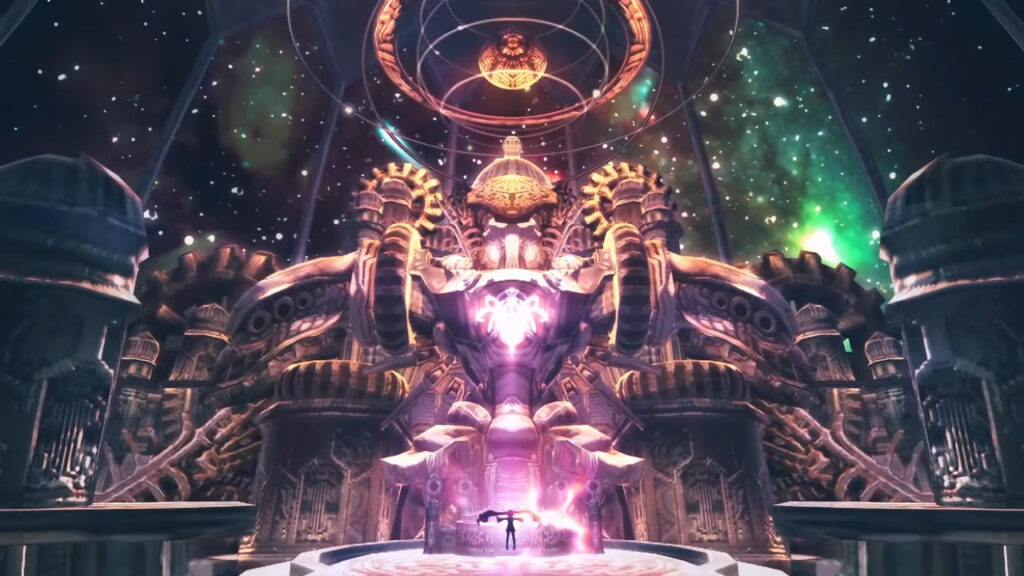
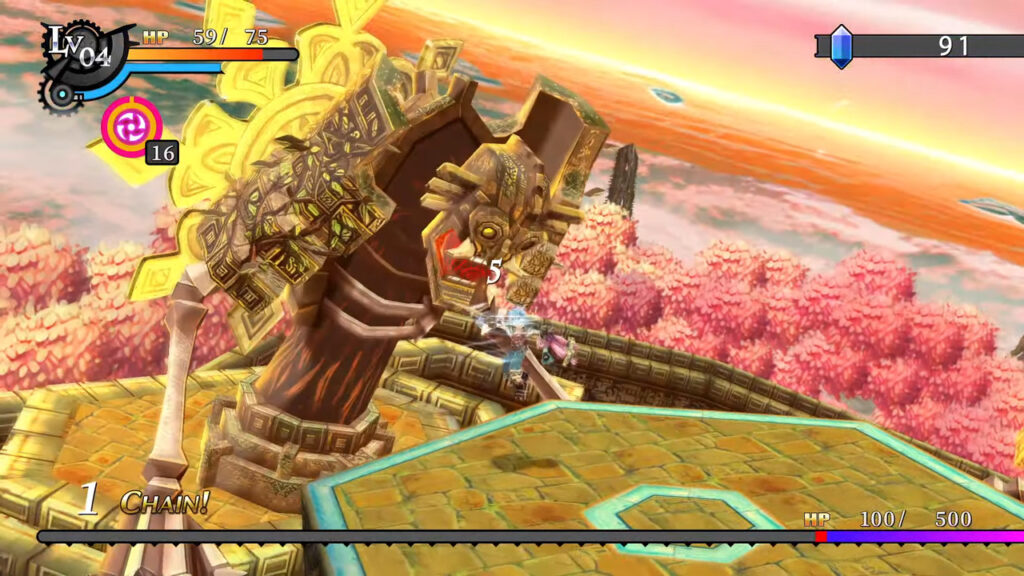
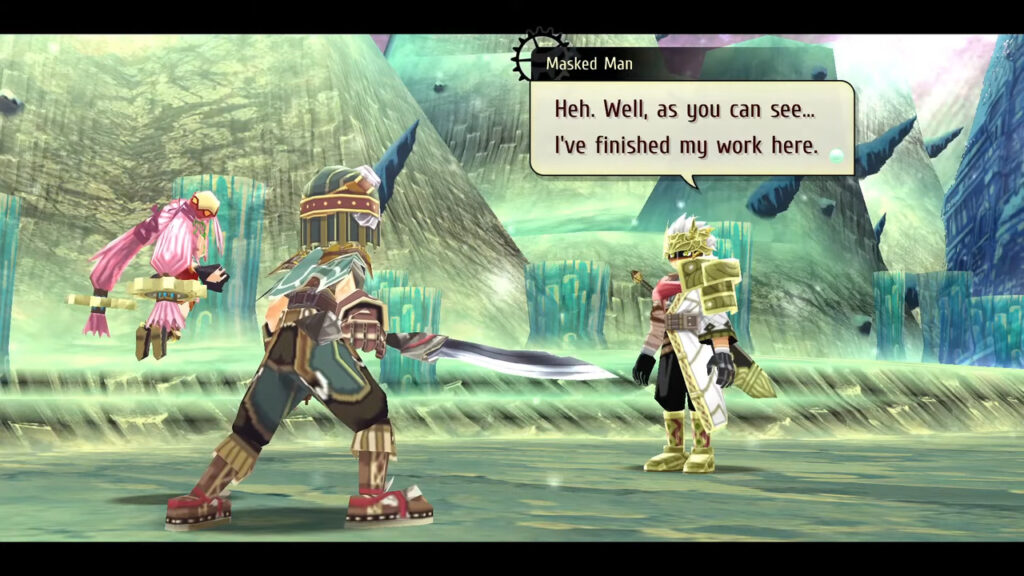
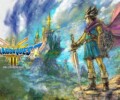



No Comments